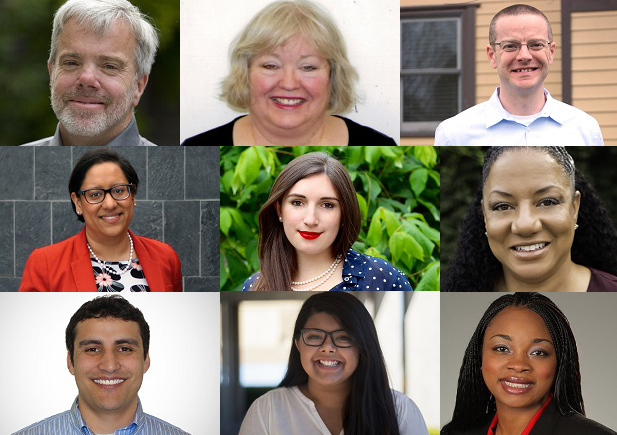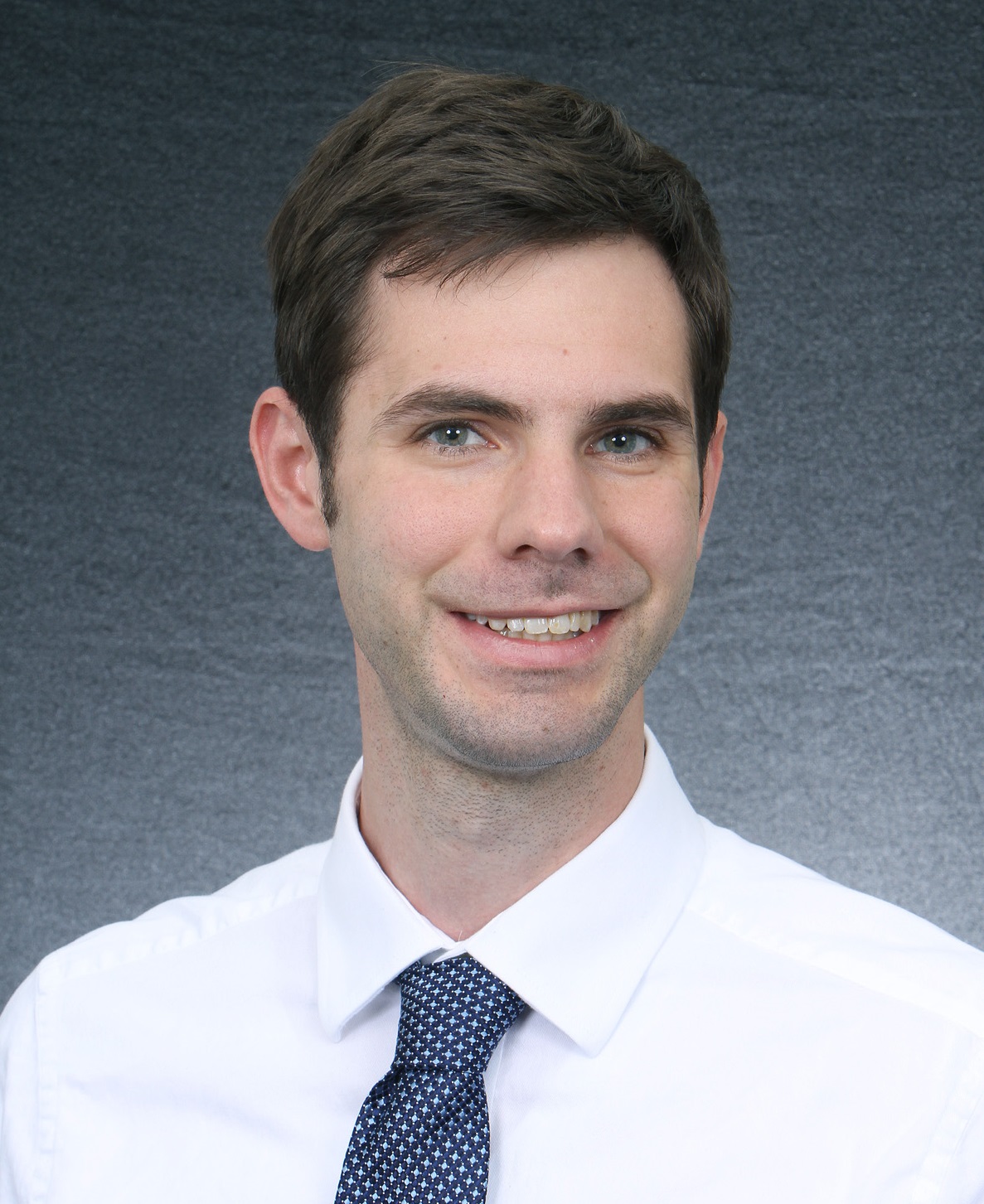Jennifer Supsky was only 16 years old when she moved to Louisville, Ky., to escape the emotional trauma caused by her upbringing in a dysfunctional, low-income family in Mississippi. She never imagined when she took a part-time, entry-level job at the UPS package delivery hub in 1998 that it would be a steppingstone to a successful career.
As the first person in her family to graduate from high school, the diminutive teenager saw her first real glimmer of professional opportunity when she learned during an orientation session for new employees that UPS would pay for her to attend college during the day while she worked the night shift. That was her ticket to an associate’s degree from the University of Louisville and a responsible management position at the UPS facility.
Now Supsky spends much of her free time mentoring other young UPS employees who want to go to college and publicly touting the value of such programs. “I’m kind of the walking success story of UPS,” she says, noting that at age 27 she holds the title “hub operations supervisor.”
Success stories such as Supsky’s are getting a great deal of attention these days from experts who see the combination of work and employer-paid college tuition as the best way for U.S. companies to secure well-trained workers. In mid-June, the Georgetown University Center on Education and the Workforce estimated that by 2018, the demand for workers with associate degrees or higher will exceed supply by at least 3 million job openings.
A number of large American companies, such as UPS, are trying to address the potential workforce shortage with so-called “earn and learn” programs similar to the one that benefited Supsky. Corporate Voices for Working Families, a nonprofit, membership organization comprised of about 50 corporations, assists employers in developing learn and earn programs for their workers. It receives funding from the Bill & Melinda Gates Foundation as well as other foundations. Gates has announced a goal to double the number of low-income people who earn postsecondary degrees or credentials by age 26. Only 25 percent of low-income young people now do so.
In Louisville, UPS joined with other companies and organizations, as well as the local government, to develop Metropolitan College, the program that opened the way for Supsky to go school. UPS found that its participation in the program led to better employee retention, even though the beneficiaries are not required to continue working for the company after they get their degrees. The program offers to compensate the workers for up to 100 percent of the cost of their full-time undergraduate tuition. UPS funds 50 percent of the tuition; local government agencies fund the other 50 percent. In addition, the company pays all costs for textbooks, as well as bonuses to the graduates.
Supsky said she had had no desire to leave UPS after getting her degree, but her husband, David, a one-time UPS aircraft mechanic who also got his degree through the Metro College program, left the company for Republic Airlines after his wife was promoted into management, in order not to violate the UPS anti-nepotism policy.
In the 12 years since the program’s inception at UPS, more than 2,500 employees have earned degrees or credentials, the company says. It says most of these young people were the first in their families to earn a college degree.
The company has benefited as well: Before starting the program in 1998, UPS says, the average employee stayed at the air hub in Louisville just eight weeks. The average Metro College employee stays about two years.
Hilary Pennington, who heads the program for post-secondary success at the Gates Foundation, explained that the college completion initiative is designed to give low-income Americans the opportunities for upward mobility that once were taken for granted. “If you are born poor in this country, you are more likely to remain poor than at any time in our history,” she observed. “This is a [problem] the country doesn’t yet know it has. … We believe everybody graduates from college.”





























